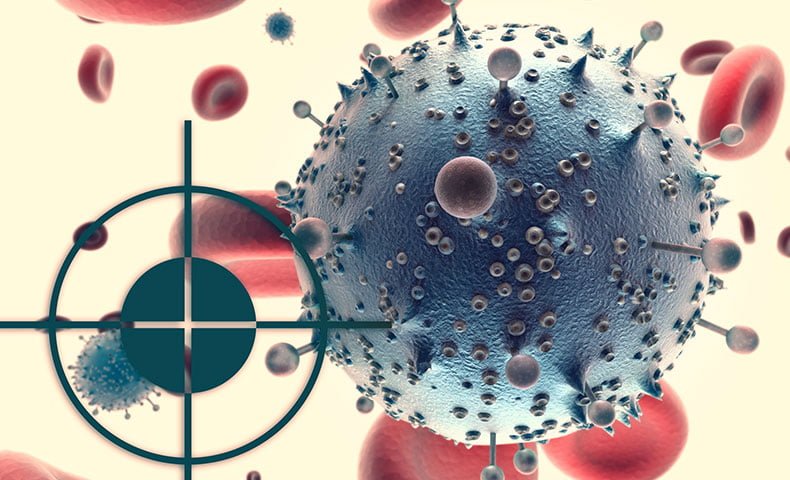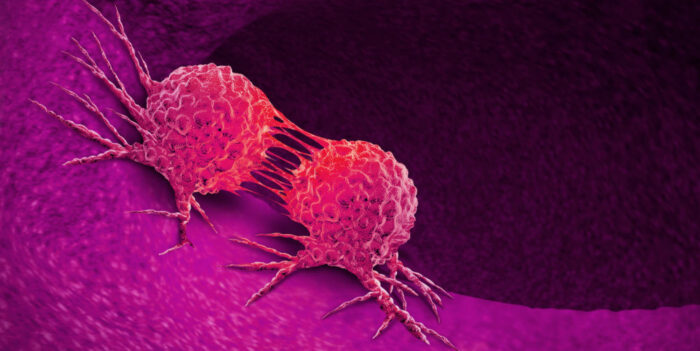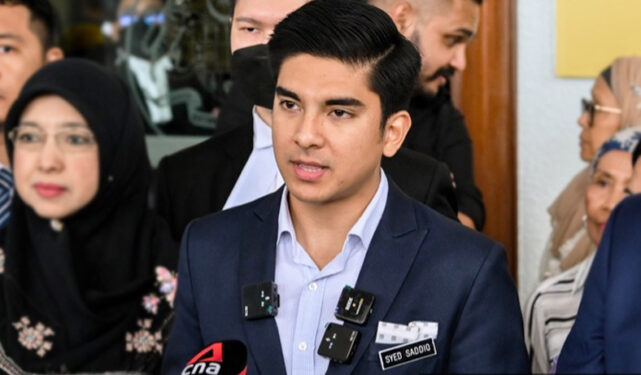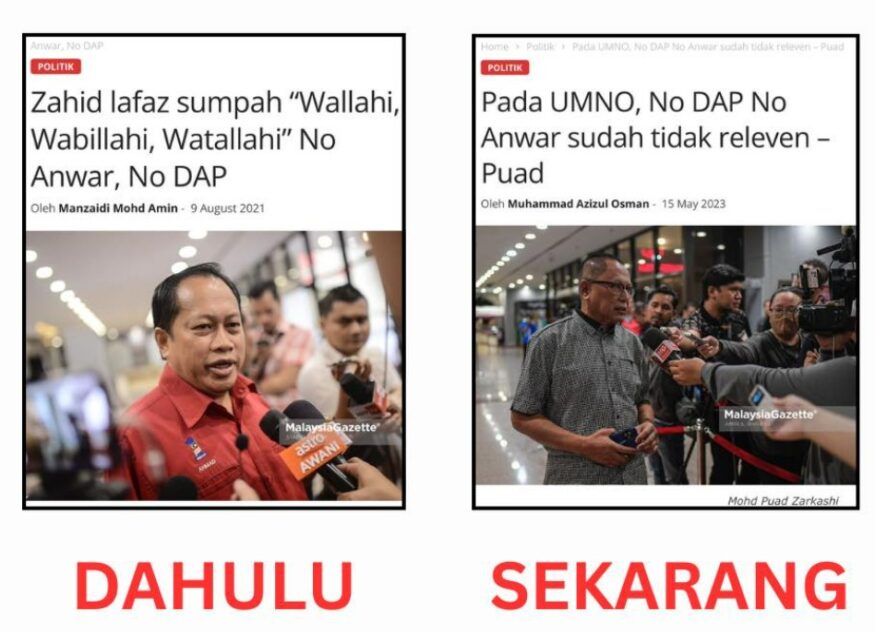NON-COMMUNICABLE diseases (NCDs), including heart disease, stroke, cancer, diabetes and chronic lung disease, are collectively responsible for almost 70% of all deaths worldwide.
Nearly three-quarters of all NCD deaths and 82% of the 16 million people died prematurely or before reaching 70 years of age.
Society’s fatalistic attitude towards NCDs and willingness to suffer through a sub-optimal quality of life is a problem and sustains a vicious cycle in that we see more and more younger people and even children suffering from NCDs.
This fatalism is claiming lives every day. Often enough, this attitude often causes delays in diagnosis or failures stemming from the use of traditional and alternative therapies instead of effective and proven medical treatments.
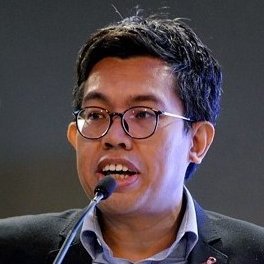
The NCD crisis in Malaysia is also complex as it is linked to social determinants of health, including issues of socio-economic inequality, the rising cost of affordable food choices, advances in technology that increase sedentary behaviour, and a society that has become complacent that the public healthcare system will always be there to treat them.
The Health Ministry (MOH) has previously launched the National Strategic Plan for Cancer Control Programme 2021-2025 where some of the key areas of focus include requesting HTA (health technology assessment) for new targeted therapies to be included in the MOH Formulary as well as improving access to targeted therapies.
Treatment costs a bomb
According to Galen Centre CEO Azrul Mohd Khalib, targeted therapies are a type of cancer treatment which targets proteins that determine and control how cancer cells grow, divide, and spread.
“They are akin to guided missiles and are the foundation of precision medicine. While increasingly proven effective in managing cancer and even resulting in the down-staging of the disease, the therapies encounter access challenges for those who may need them,” he explained.
“The question is how much are individuals willing to pay for progress in cancer therapy? How target therapies are going to be subsidised by the Government once they have been included in the MOH’s formulary, or reimbursed by private health insurance and of course ensuring equitable access to such treatments.”
It is a known fact that the financial stress exerted by cancer treatment burdens patients, especially when life savings are utilised, drained and insurance covers the minimal cost.
“It can cause financial catastrophe where a third of household income is used to fund treatment,” cautioned Azrul. “Healthcare laws should cap out-of-pocket expenditure and increase insurance relief limit for taxpaying patients and caregivers. These laws should be set in place to protect vulnerable patients financially, which allows them to focus on obtaining proper care for higher success rates.”
Exorbitant cancer drugs
Elsewhere, Azrul also shed light into the misperception that advanced breast cancer (ABC) patients have a poor prognosis and lower survival rates.
“Effective and innovative treatment should be made available when it is needed to avoid the burden of under-treated cancer,” he stressed.
“Not all cancers can be detected early, and the health system must not leave behind those early diagnosed with advanced breast cancer. Especially when target therapy is available, and it works best at the early diagnosis stage of advanced breast cancer.”
Azrul further noted that the cost of cancer drugs and treatment is a barrier that decreases the feasibility of access. This is potentially exacerbated by economic stress caused by the ongoing COVID-19 pandemic.
According to him, shifting from the use of innovative medicine with marginal benefits to those with higher efficacy rates is an investment that will likely manifest in the five-year survival rates for cancer patients.
Disinvestment of certain drugs with clinically proven data of low efficacy could free up funding for investment in transformative and more effective drugs.
“The financing and governance of cancer care need to be optimised to steer towards better reducing burden from cancer, and overall better health outcomes of the community,” he opined.
“Aside from this, NGOs (non-governmental organisations) and other innovative access models such as patient assistance programmes play a role in working together with government bodies and the private sector to increase the availability to provide access to innovative treatment to help facilitate and bridge the access gap.” – Sept 16, 2022
Main photo credit: Beacon Hospital


